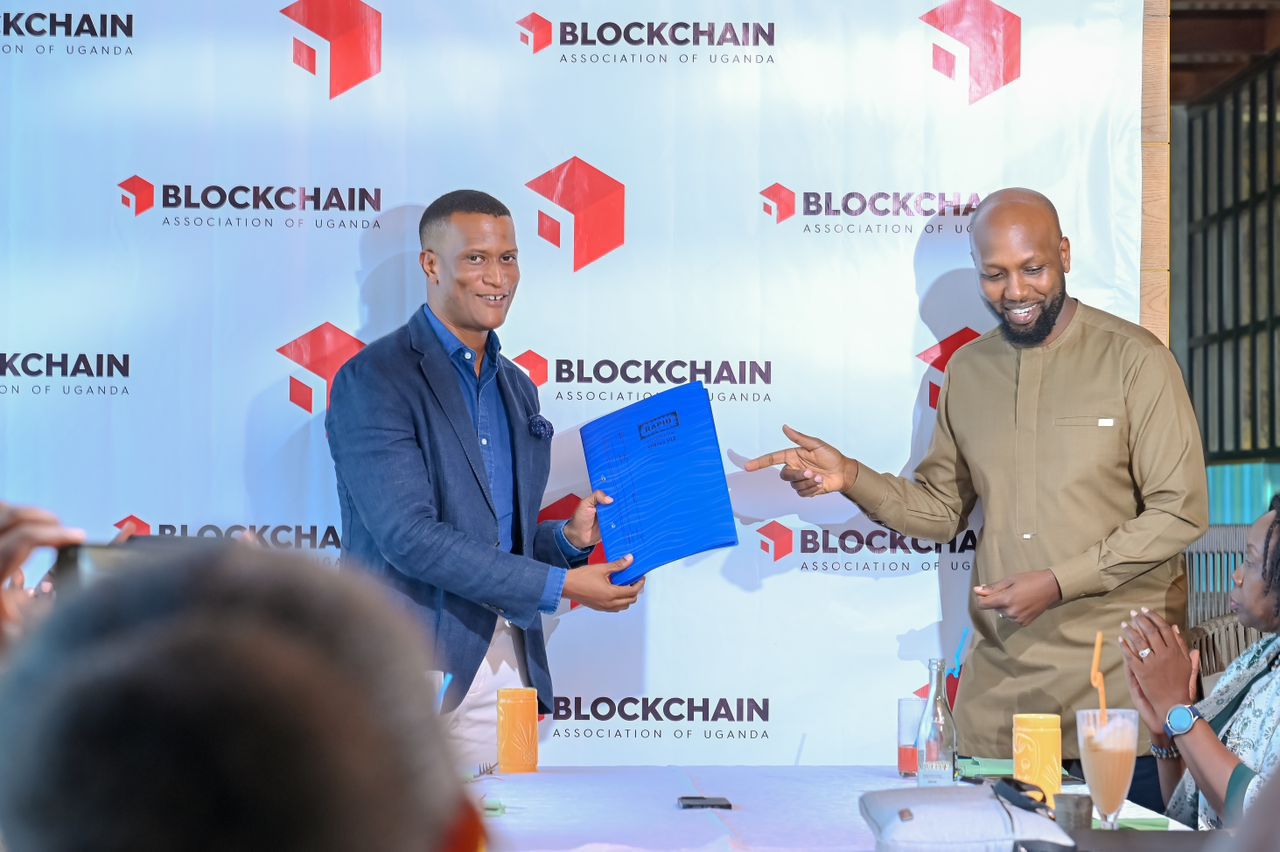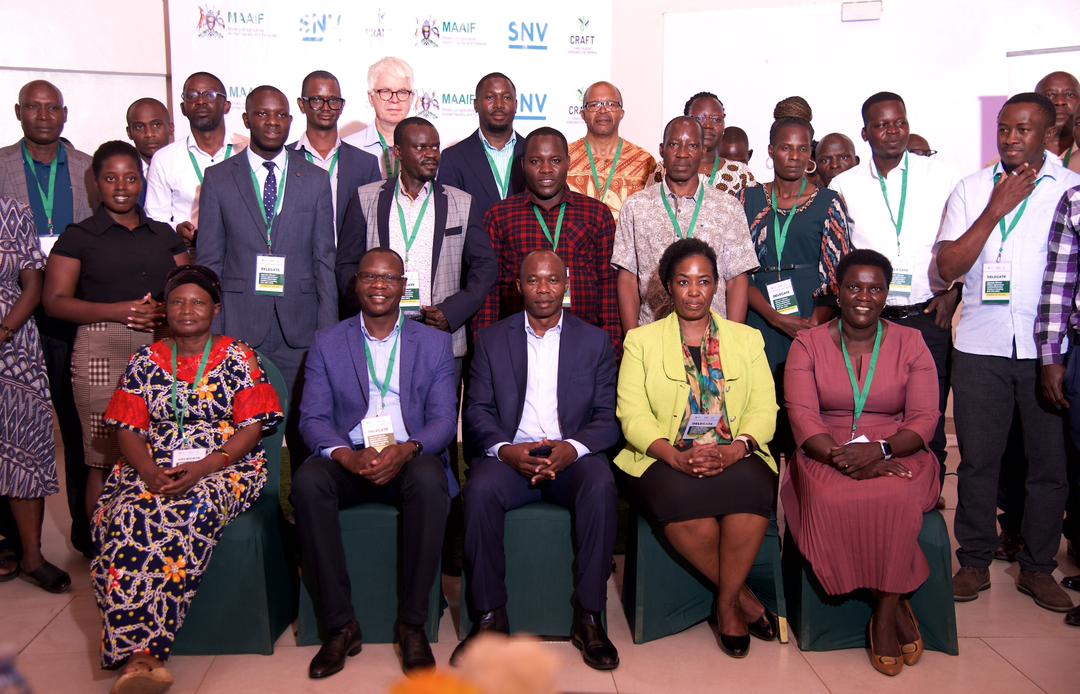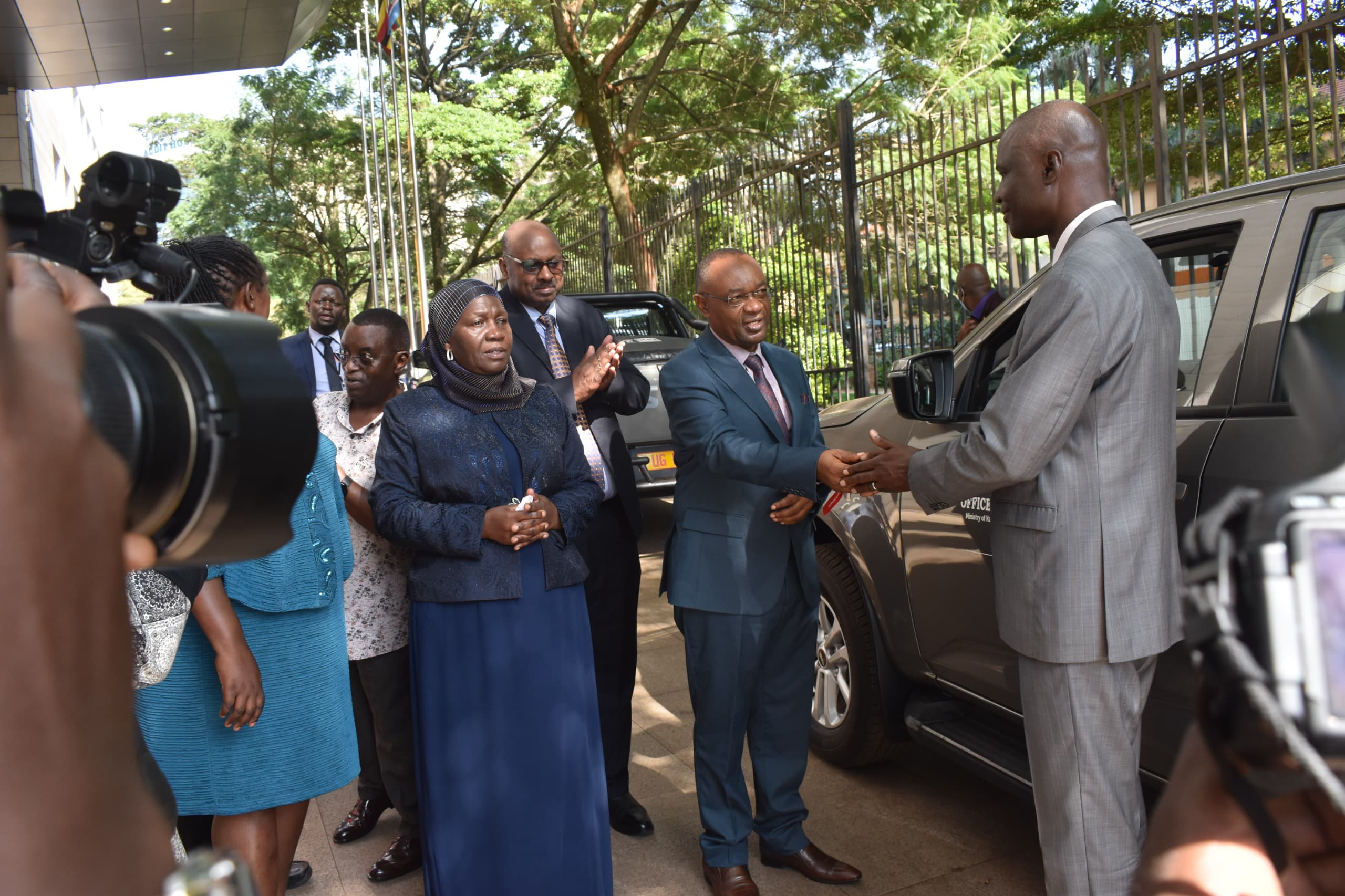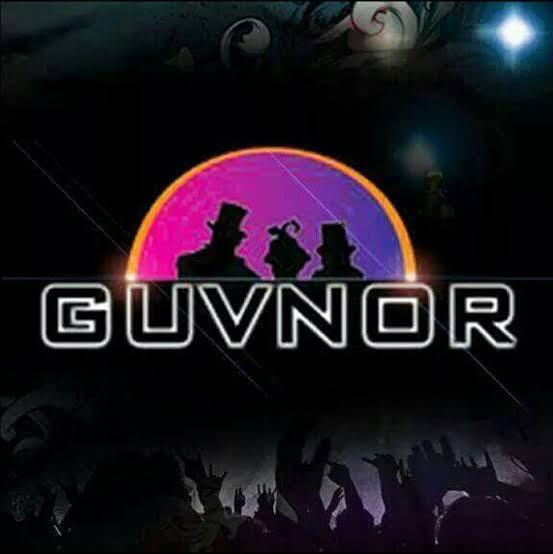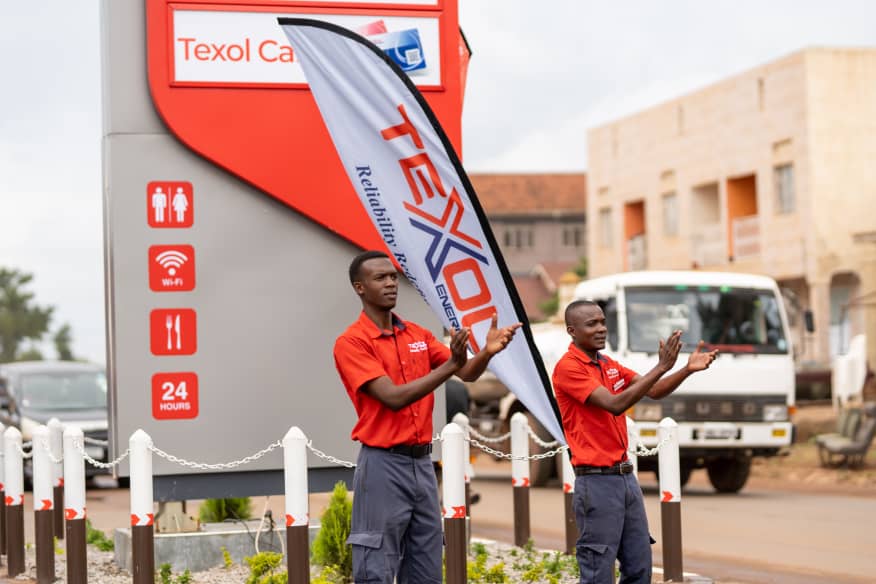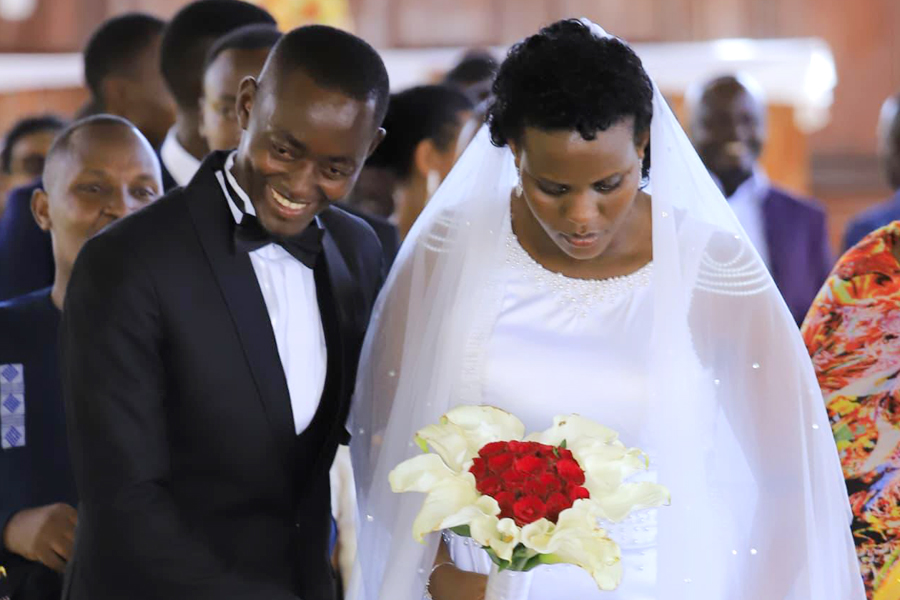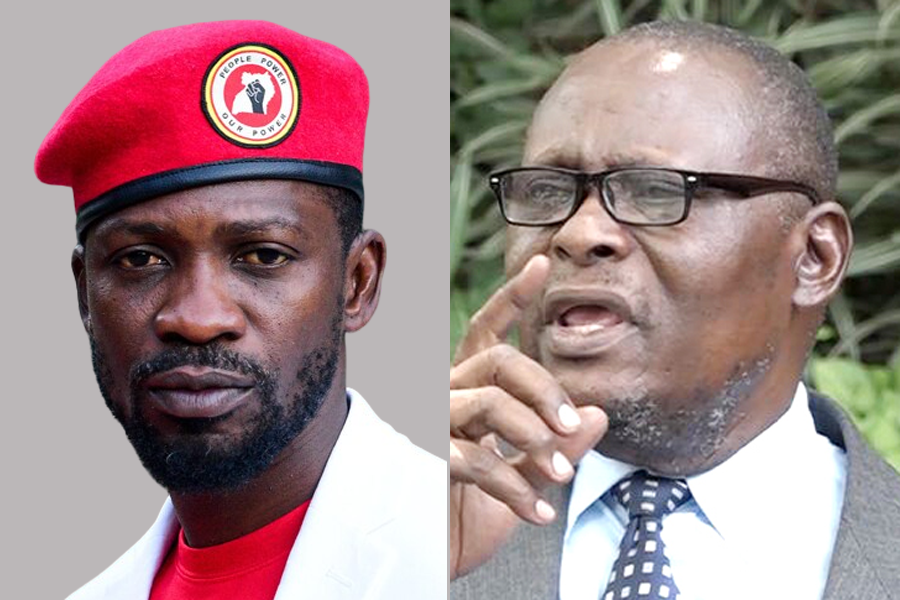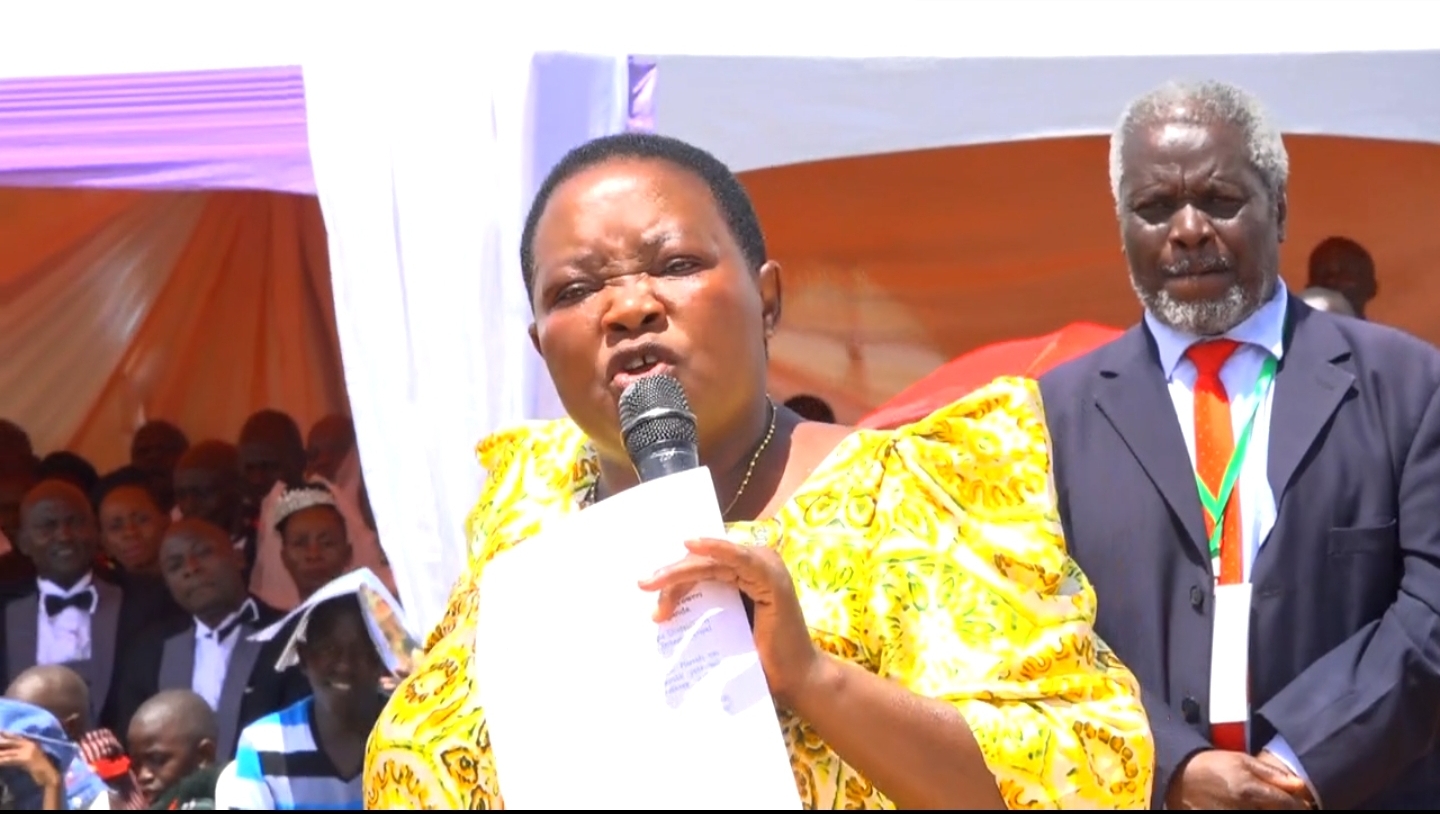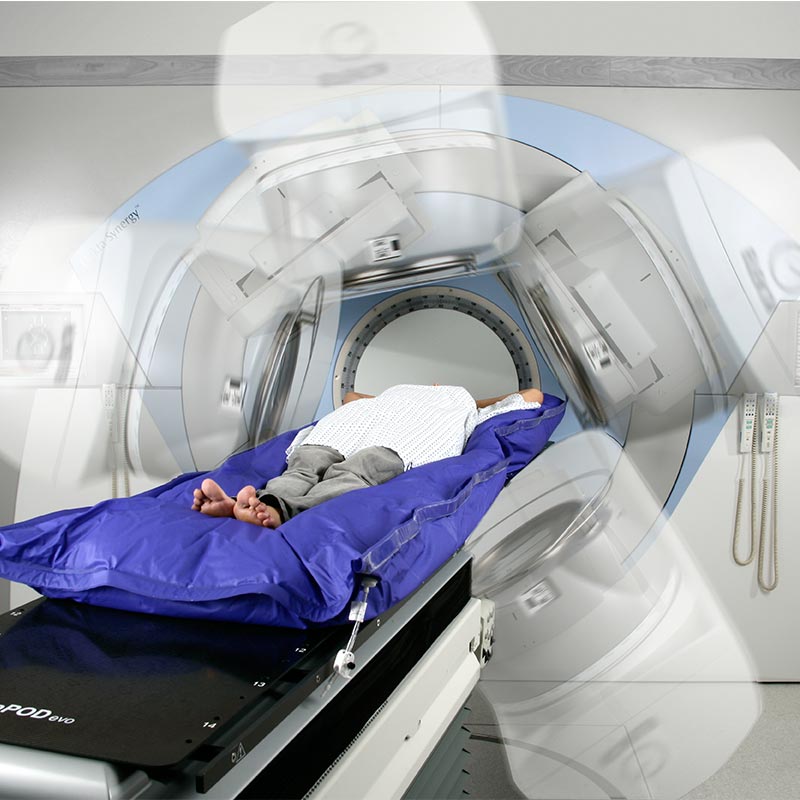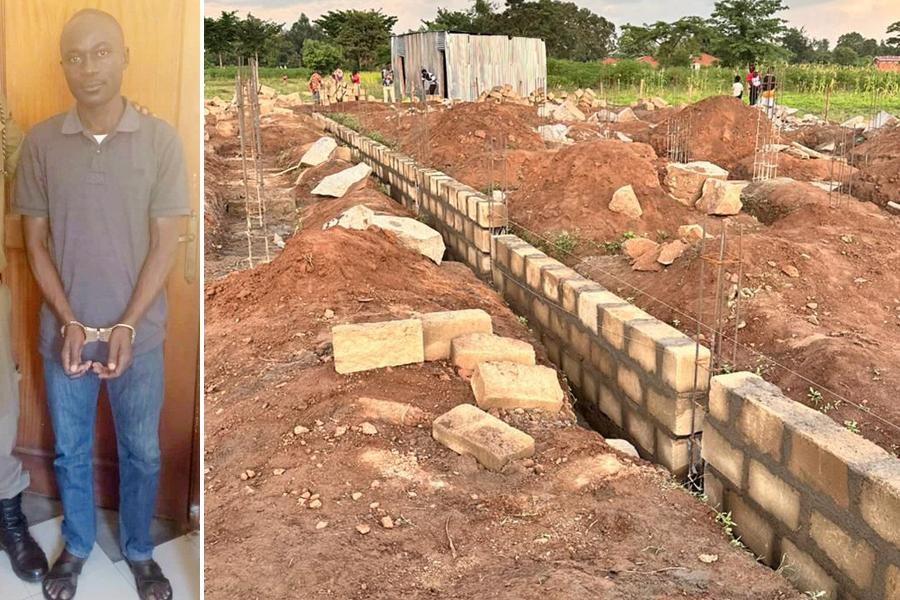Kagame reiterates conviction genocide is happening in DR Congo
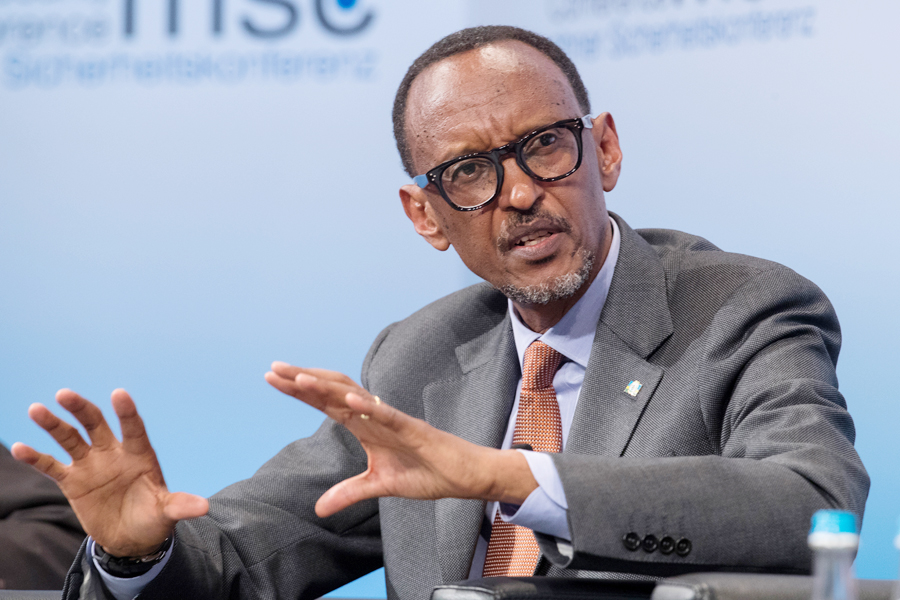
"With FDLR Interahamwe and Congolese state involvement, Congo's crisis mirrors a haunting echo of genocide."
KIGALI | Rwandan President Paul Kagame has warned of genocide happening in the neighbouring DR Congo.
Mr Kagame, who was on Easter Monday speaking in a rare interview with a local radio station, Royal FM, in Kigali, said as it was 30 years ago in Rwanda, many are being killed in eastern DR Congo because of their ethnicity.
Keep Reading
“Observing the ongoing situation in eastern DR Congo reveals a grim reality of continued violence and persecution," Kagame said in the wide-ranging interview.
"Over 100,000 individuals, primarily Tutsi, have sought refuge in Rwanda amidst the escalating conflict [in DR Congo].”
Pointing the world to the situation, he warned that genocide anywhere in the world starts like simple targeted killings but later evolves into mass killings of people of the same ethnicity.
He said: "With FDLR Interahamwe and Congolese state involvement, Congo's crisis mirrors a haunting echo of genocide."
The Interahamwe were the extremist youth wing of Juvenal Habyarimana's National Revolutionary Movement for Development party. They are largely responsible for the mass killings.
The group fled into DR Congo jungles from where, Kigali says, they continue to cause mayhem by sneaking into Rwanda to kill and maim citizens.
But Kinshasa has accused Rwanda of backing M23 rebels, who have been involved in a series of clashes with the Congolese army.
The M23 was formed in 2012 ostensibly to protect the Congolese Tutsi against extremist Hutu militia.
The hotbed vast Congo territory has more than 120 rebel militant organisations operating in different provinces such as North Kivu, South Kivu, Ituri, and Tanganyika.
The Rwandan leader gave the interview to share his views as his country prepares to start a weeklong commemoration activities on Sunday.
April 7 will mark the 30th anniversary of the 1994 Genocide against the Tutsi in which more than a million people, the majority of them minority Tutsi, were slaughtered.
President Kagame said that 30 years on, Rwandans have moved on from what happened, building an inclusive nation where all people feel they are the same, a country where victims and perpetrators came together, reconciled and focused on rebuilding their lives.
“Reuniting our community has been a daunting task, demanding a fresh and arduous rebuilding effort," he said.
"Complicating matters, certain soldiers have opted to return to Uganda, making the process of reunification even more challenging.”
Speaking about the Rwanda Patriotic Front (RPF-Inkotanyi) liberation struggle that he led, recalled the feelings after Maj Gen Fred Rwigema was killed at the start of the revolution.
“The passing of Fred Rwigema left a gaping hole in the war's momentum," he said, "upon my return from studies in America, I found a battlefield filled with disillusioned fighters and fragmented command.”
Rwigema and Kagame were the only two Rwandans among the 40 men that launched the NRA liberation war in Uganda on February 6, 1981.
Kagame said the situation at the time forced him and a few others to join Uganda's liberation struggle, led by Yoweri Museveni and in doing so developed and formed the idea of liberating Rwanda after Uganda.
Kagame, who is seeking a fourth term in office in July's presidential vote, also spoke about his quiet childhood, starting with how his family ended as refugees in Uganda when he was just four years old.
“In my formative years, I turned to my father, seeking clarity on our refugee status. His reassurance, 'We've committed no wrong to be refugees,'" Kagame reminisced of conversation with his father, Deogratius Rutagambwa.
The genocide in Rwanda lasted exactly 100 days and was stopped by Kagame's RPF fighters on July 4, 1994.
Since then, Kagame has transformed Rwanda into a model central African nation, earning a lot of plaudits for his economic policies.
However, critics fault him for low democracy and allegations of widespread human rights violations.
The Kigali government denies the allegations.


